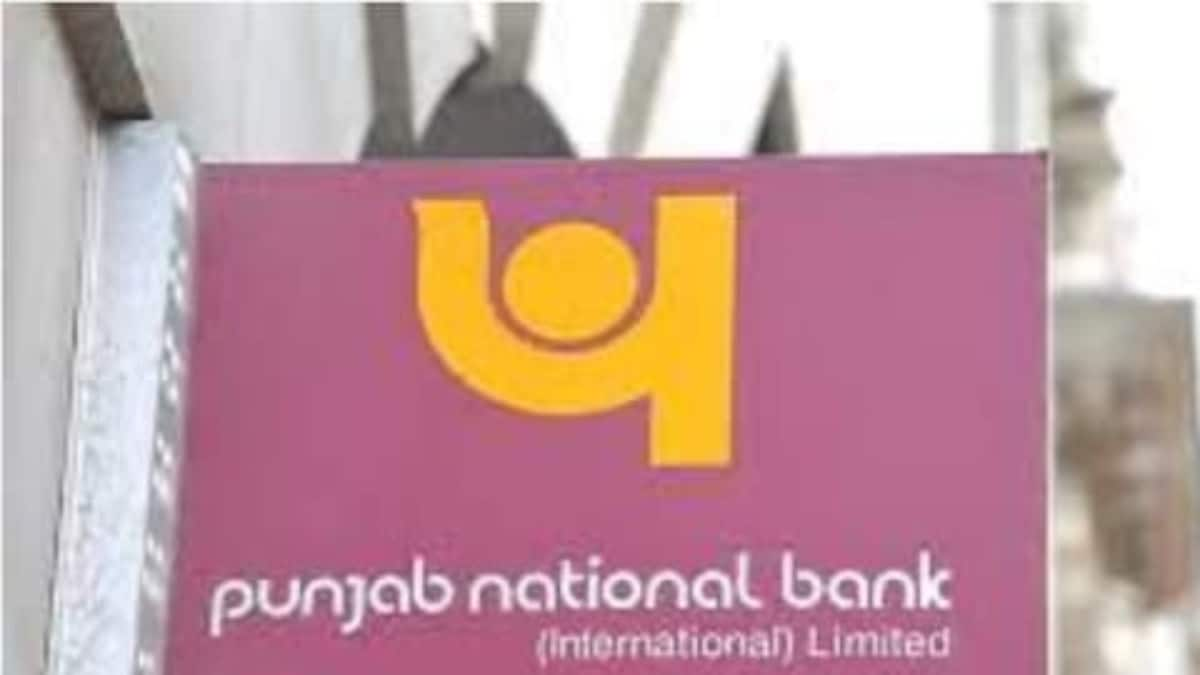Heavy lifting ahead
For her plan to work and to attract the necessary firepower, expertise and resources, Meloni needs buy-in from the EU. European Commission President Ursula Von der Leyen, who could find herself in need of Meloni’s support after the June EU election to secure a second term, has confirmed she will attend the Rome summit. But with France and Italy having traditionally vied for influence in Africa, Meloni’s new initiative could spark a rivalry in the Sahel that Italy would not have the resources or the expertise to win, Goretti said.
What’s more, Meloni has stressed the need for an approach that is neither predatory nor patronizing, but that treats African countries as partners rather than as charity cases. But opposition MP Quartapelle says she doesn’t see a vast departure from past practice in a plan based on energy investments that brings Italy into conflict with the EU’s carbon and net-zero goals. For her part, Meloni has said Italy will fund the plan by diverting 70 percent of the €4 billion climate fund it pledged to support the green transition of developing countries.
Another concern is that Meloni’s caveat that Europe lose its historically patronizing approach could translate into diminished concern with human rights, and that her overall “can-do” outlook could end up legitimizing autocratic regimes.
Last year, for example, Meloni advocated a deal between the European Commission and Tunisia, hailing it as a model to be replicated across Africa. But the deal with Tunisia hit trouble amid objections to sending funds to Tunisia’s increasingly autocratic leader; arrivals from the country subsequently increased. It’s not the only recent experience Europe has had of authoritarian leaders using migration as leverage (viz: Turkey): According to Goretti, to have a positive impact the EU must not just meet with a region’s leaders, but above all engage with human rights and civil society.
So far, African civil society and environmental groups seem unconvinced. Joab Okanda, senior climate advisor at Christian Aid in Africa, said he hoped the Rome summit would help “Italy and its state-backed fossil fuel companies to finally realize the damage they are causing to Africa.
“It is time for Africa to break away from the strategic visions of European fossil fuel actors, masquerading as an African development project, and mobilize political commitment … to put Africa on the path to self-sufficiency and sustainable prosperity,” Okanda said.
With a strong majority, Meloni is expected to remain in government for another three years — unusual for Italian politics — and is unlikely to be troubled by serious domestic opposition to her plan. Implementation, however, will likely be another matter: Although she has tapped ministries for ideas, oversight remains centralized with her office rather than with the foreign ministry. And while energy and commercial deals are easy to manage in the short term, development is far more tricky.
Meanwhile, even if her plan enjoys some success, it is unlikely to reduce migration in the short term, meaning that voters, who tend to have little patience with long-term strategies, may lose faith in Meloni’s bold Africa plan before it bears fruit.







